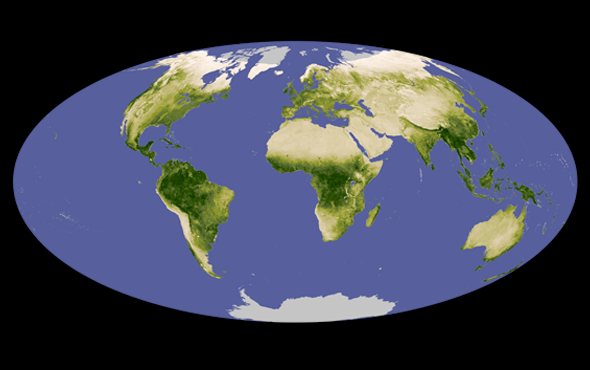JAMAICA
Researchers used a core sample from a two-meter-tall pile of accumulated bat guano in a Jamaican cave to track the bats' food sources and how they adapted to changes in climate over 4,300 years.
BOTSWANA
Astronomers plotted a space rock's 22-million-year voyage from the asteroid Vesta to its explosion over the Kalahari Desert in 2018. They analyzed fragments and telescope images to determine its makeup, trajectory and speed—60,000 kilometers per hour just before it hit Earth's atmosphere.
PORTUGAL
The town of Arouca has opened the world's longest pedestrian suspension bridge, stretching 516 meters across the Paiva River. The bridge is mostly metal with see-through mesh, hanging from steel cables; it was inspired by Incan bridges made from woven grass ropes.
KENYA
Using a specially built barge called the GiRaft, researchers successfully rescued nine critically endangered Rothschild's giraffes stranded on an island in Lake Baringo. The island—originally a peninsula—is vanishing as lake levels rise.
SCOTLAND
A four-story shaft in Edinburgh acts as a huge gravity-powered battery, using grid power to hoist a 50-metric-ton weight—which can later be dropped to generate electricity again. The prototype is an alternative to large chemical batteries.
CHINA
Scientists in northern China discovered a fossilized “monkeydactyl,” which appears to be the only known pterosaur with thumbs. The little flying lizard probably used its three-fingered hands to hunt and climb.
ITALY
In Florence, researchers tested a new way to remove vandalism from street art: a thin foil sheet with a solvent-containing hydrogel. Placed for a few minutes on a painted-over work, it softens only the top layers of newer paint, which can then be wiped away.

